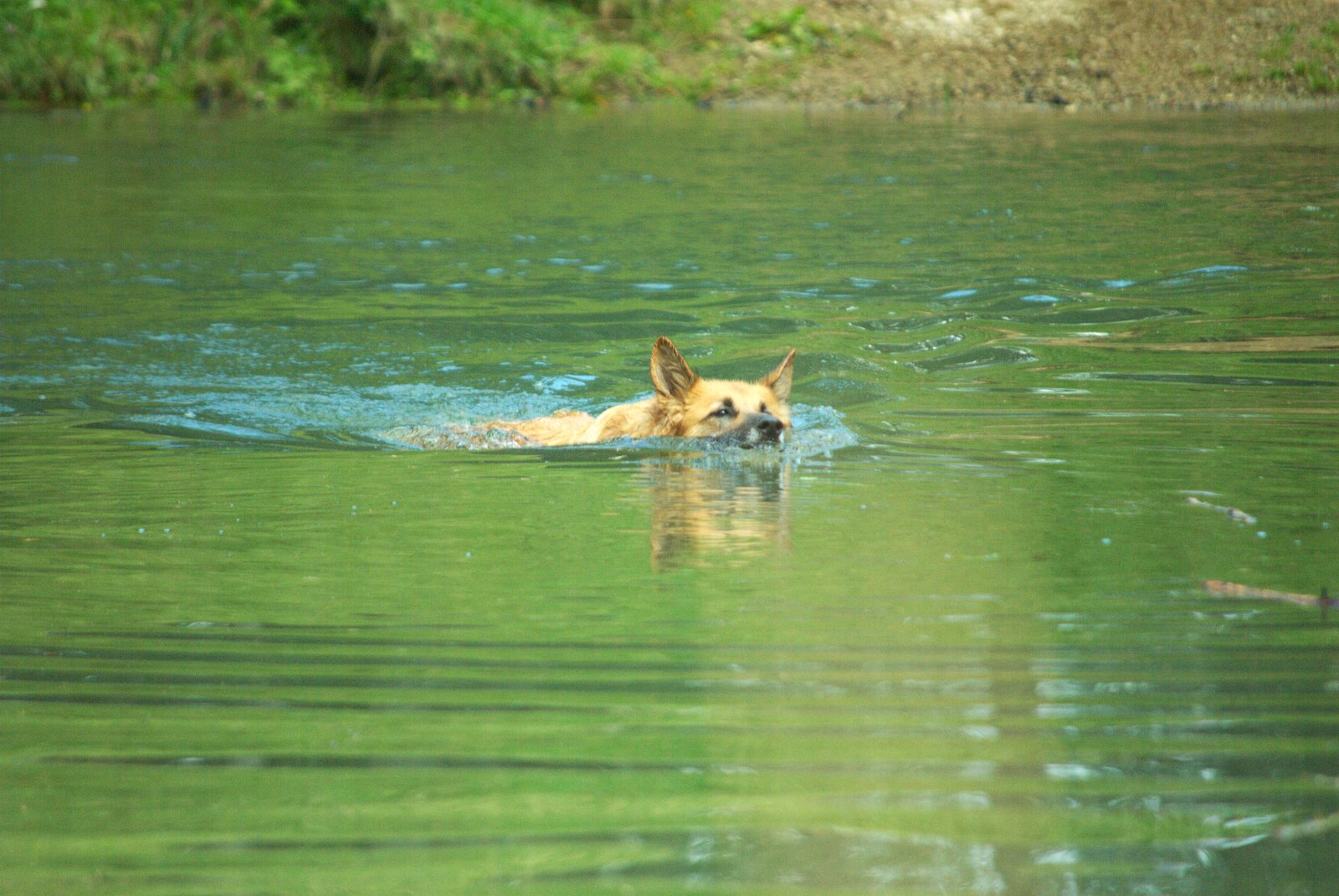When you hear about the subject of internal parasites, the most common worm that comes to mind are heartworms. Heartworms are nasty little creatures that can prove to be fatal if left unchecked. However, there are other parasites to look out for which are equally dangerous to your dog or puppy.
Roundworms:
Roundworms spend their time floating inside the liver, heart, and the lungs of your dog’s body. When they mature, they make their home inside the small intestines where they continually feed on the food that your dog eats. Signs that your dog may be infested with roundworms include gas, enormous surges in appetite, diarrhea, and bloating.
Whipworms:
Whipworms can be found living inside the large intestine of your dog, which is where they also reproduce. Dogs can become infected with whipworms by eating the stools of other dogs that contain the parasite. Sometimes a dog can easily become infested with whipworms after stepping in dog feces when walking outside and then lick their paws. These little creatures can cause your dog to have diarrhea, bloody stools, dry fur, and an increase in appetite.
Tapeworms:
Like other internal parasites, tapeworms can cause your dog to have increased appetite levels, weight loss, rectal inflammation/itching, and visible signs of the worms from the orifices of your dog’s body. Tapeworms look like little pieces of white rice which can easily be seen on his stools and even sometimes coming out of areas like the ears.
Hookworms:
Your dog or puppy can pick up this parasite from eating the stools of other animals that have been infected. Hookworms can cause symptoms in your dog such as gas, loose stools, increased appetite, and dry brittle fur. These parasites spend most of their time feeding off of the food your dog eats, as well as sucking the blood from your pet.
Giardia:

These internal parasites, called Giardia, are typically picked up from areas of water such as a small pond or lake. Your adult dog or puppy can accidentally pick up this creature from swimming, and once they are ingested, they live and eat at the inner lining of your dog’s small intestine. This causes inflammation, mucus covered stools, weight loss, and bloating.
